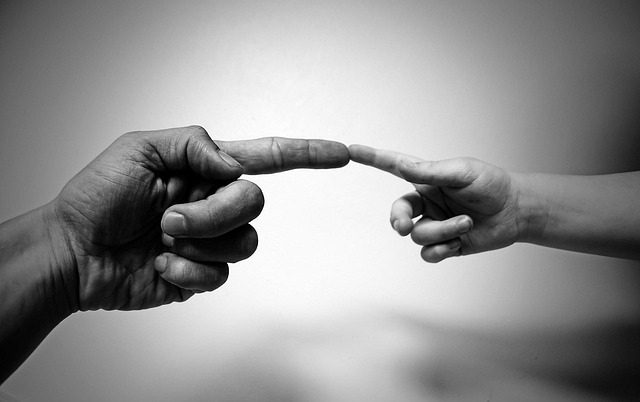
Cultivating Empathy: Relationship Advice for Enhancing Communication
Cultivating Empathy: Relationship Advice for Enhancing Communication
In the intricate tapestry of human relationships, the development of empathy stands as a crucial thread that holds everything together. Effective communication is not just about exchanging words; it’s about understanding the emotions and intentions behind those words. When empathy is woven into our interactions, we can build deeper, more meaningful connections.
The Essence of Empathy in Relationships
Empathy is the ability to step into someone else’s shoes, to truly grasp their feelings and perspectives. In a world that often feels rushed and disconnected, cultivating this skill can transform the way we relate to one another. Imagine having a conversation where both parties feel heard and understood; that’s the power of empathetic communication.
Active Listening: The Starting Point
One of the most powerful tools in the development of empathy is active listening. This means focusing fully on the speaker, acknowledging their feelings, and responding thoughtfully. To practice active listening, try to:
- Maintain eye contact and avoid distractions.
- Reflect back what you’ve heard to ensure understanding.
- Ask open-ended questions that encourage the speaker to share more.
When your partner feels that you are genuinely listening, it fosters a safe space for authentic communication.
Expressing Vulnerability
Vulnerability is often seen as a weakness, but in reality, it’s an avenue for connection. By sharing your own feelings and experiences, you create an environment where your partner feels comfortable doing the same. This mutual exchange strengthens your bond and enhances the development of empathy.
Validating Emotions
Every emotion has its validity. When your partner expresses anger, sadness, or frustration, instead of dismissing their feelings, acknowledge them. A simple “I can see why you’d feel that way” can go a long way in demonstrating that you respect their emotions and are willing to engage with them deeply.
Stepping Outside Your Perspective
It can be easy to get caught up in your own feelings and opinions. However, a vital aspect of communicating with empathy is actively trying to step outside your own perspective. Ask yourself, “How would I feel if I were in their position?” This simple question can unlock a greater understanding of your partner’s needs and experiences.
The Role of Body Language
Non-verbal cues play a significant role in communication. Ensure that your body language reflects empathy. Nod your head, use open gestures, and incorporate soft facial expressions when engaging in conversations. These small gestures can lead to a more profound connection and convey your willingness to communicate empathetically.
Practice Patience
Finally, remember that developing empathy is a practice that takes time. It’s not always easy to put yourself aside and listen or to be vulnerable. Be patient with yourself and your partner during this journey. Celebrate small victories in your communication efforts and recognize that growth often comes from moments of discomfort.
Incorporating the development of empathy into your relationship not only enhances communication but also deepens your emotional connection. As you work towards fostering empathy, you’ll find that your relationships can flourish in beautifully unexpected ways.


